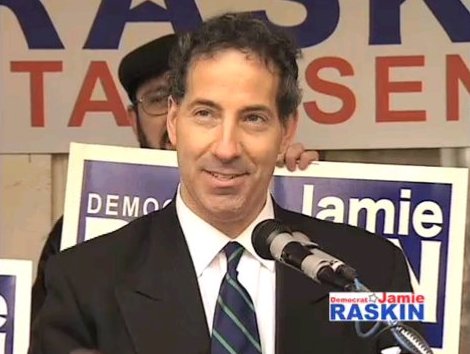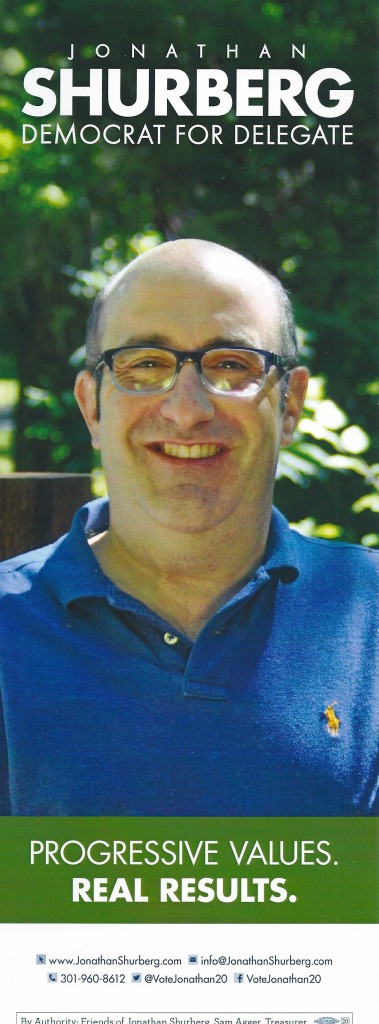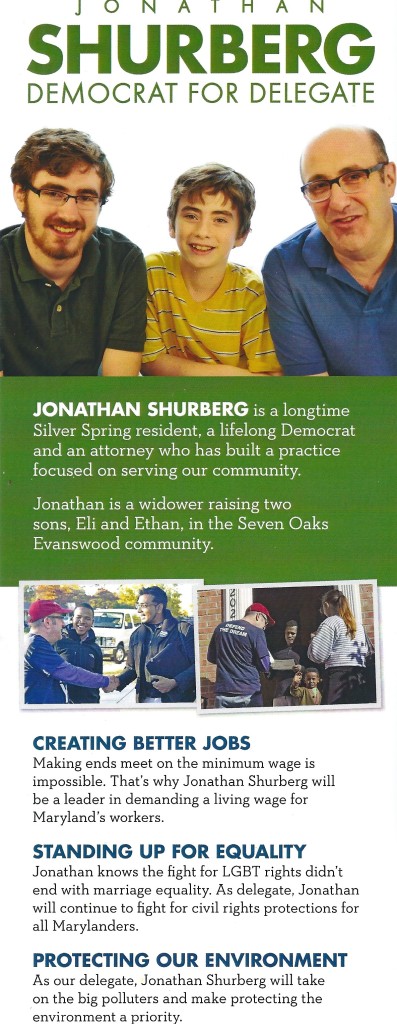By Adam Pagnucco. (Editor’s Note: As always, this post–and endorsement–reflects the views of the author. No broader support or opposition to David Moon is meant by this post or note.)
I still remember the day I first met one of the great masterminds of MoCo politics.
It was March 2008. A group of us gathered at SEIU Local 500’s headquarters to discuss how to help Nancy Navarro win the upcoming Council District 4 special election. The room was full of progressive activists, ace operatives and labor people, most of whom had lots to say. Your author, not being shy, ranted and raved with the best of them. Off at the end of the table sat a quiet, scrawny little guy who looked like he weighed about 80 pounds. He stared into his computer and said almost nothing during the two hour meeting. I elbowed the attendee next to me and asked, “Who’s that?” “Oh, that’s David Moon.”
Moon was already a household name among MoCo activists at that point, having been the campaign manager behind Jamie Raskin’s 33-point State Senate victory two years before. But he was just getting started. Moon’s skills were put to the test during the two special elections that followed as he endured a close loss by Navarro the first time, followed by an even closer win the next year. I had been involved with union organizing and political campaigns during my time in the labor movement, but I had not met many campaigners of his caliber before. Moon was simultaneously creative and disciplined – a rare combination for anyone. He would do the tedious, mind-numbing work of producing the walk sheets and handling the follow-up data entry, and then turn around and come up with something new on the fly. He could think big picture and then slap Apple Ballot stickers on lit all night. He seemed to live on Diet Coke and junk food. If you wanted to find him, the best way was to locate the largest pile of empty cans and wrappers and see who was sitting in the middle of it. Most remarkable of all, Moon was almost without pretense. All campaign managers have egos and some are unbearable. But Moon would meet any suggestion, whether brilliant or stupid, with a shrug and grab the good ones while quietly disposing of the clunkers.
The David Moon of today was still evolving in the 2008-2010 period, but even then you could see where he was headed. Most operatives are motivated by some combination of the thrill of winning, wanting a job with the victorious candidate, wanting to run for office themselves or just the fun of the game. None of that was enough for Moon. He had a Plan, and it was wildly ambitious. He wanted to build a base for true progressivism in Montgomery County. And by that I don’t mean just electing people who toss goodies to liberal interest groups while trying to move up the ladder. Moon’s vision was to combine the political and economic forces of new residents, economic development, labor rights, people of color, environmentalism, smart growth and political reform into a movement for real change. For a while, he did that through running other candidates’ campaigns and working with organizations like Action Committee for Transit, Communities for Transit, Casa de Maryland and FairVote. But like most good quarterbacks, he eventually called his own number and ran for office himself. He outwitted, outlasted and outplayed a number of capable opponents on his way to Annapolis.
As a Delegate, Moon has not backed away from any of the causes he supported early in his career, but he picked a focus: social justice. Most freshman Delegates regard the House Judiciary Committee as a backwater. They have to deal with the dominance of crusty old committee chair Joe Vallario and they can’t get the fundraising connections that members of other committees can (especially Economic Matters). But Moon wanted to be on Judiciary; in fact, he actively lobbied for it because it is the place where criminal justice issues are decided. And that’s where Moon has planted his flag.
Moon has been nothing less than a prophet on unfairness in the criminal justice system. When he was running for Delegate, he wrote:
It’s time for a grown-up conversation about our criminal justice system. Maryland leads the nation in marijuana arrests, and black residents of Montgomery County are over 3 times more likely to be arrested for possession than white residents. This costs us between $100-$200 million a year and ruins the lives of young people by barring them from employment, student loan eligibility and more. Let’s look at the evidence and start rolling back the failed “War on Drugs” in Maryland.
Months later, the Baltimore riots erupted partly as a result of these issues. Moon has been advocating on them ever since. He has introduced numerous bills to rein in justice system excesses. In 2015, he passed a bill through the House that would have excluded possession of a small amount of pot as a reason for parole violation. (It died in the Senate.) He has proposed letting voters decide whether to legalize marijuana and fought against efforts to recriminalize it. Slowly but surely he is helping criminal justice reform advance, and in the years to come, the work of Moon and his allies will pay off.
Moon also returned to his political reform roots by teaming up with Republican Delegate Kathy Szeliga on a bill that would stream live video of General Assembly sessions, something that the Montgomery County Council has been doing for years. He opposed tens of millions of dollars of corporate welfare given to Northrop Grumman even while many Democrats (including some from Montgomery County) supported it. His greatest triumph was passing a constitutional amendment that would allow special elections for U.S. Senate, Comptroller and Attorney General vacancies. (This is subject to approval by voters.)
Moon’s work on criminal justice has produced something that’s uncommon for MoCo legislators: growing collaboration on a key priority with lawmakers from the City of Baltimore and Prince George’s County, who often co-sponsor his bills. Moon has also helped create an informal group of cooperating progressives who resist reactionary bills no matter their source – even including the Democratic leadership. A progressive caucus is a long-time dream of the left, but Annapolis leaders have always prevented it through a combination of pressure and cooptation. Such tactics do not work on the indefatigable Moon. He will not and cannot be deterred.
David Moon is an unusual elected official. His experience as one of MoCo’s top campaigners has given him the ability to pursue big picture goals through patience, methodical assemblage of leverage and the implementation of tactics designed to build momentum. He has demonstrated that capacity throughout his entire career, both in office and out. He has worked on nearly the entire spectrum of progressive issues. His priorities are perfectly in line with District 20 Democrats, who are probably the most progressive constituency in the entire state. He is the natural heir to Jamie Raskin. While I can appreciate the perspective of those who would like to appoint a caretaker to serve out the rest of Senator Raskin’s term and there are other good people available, the prospect of sending Moon to the upper chamber has too much upside to resist.
David Moon for Senate.







